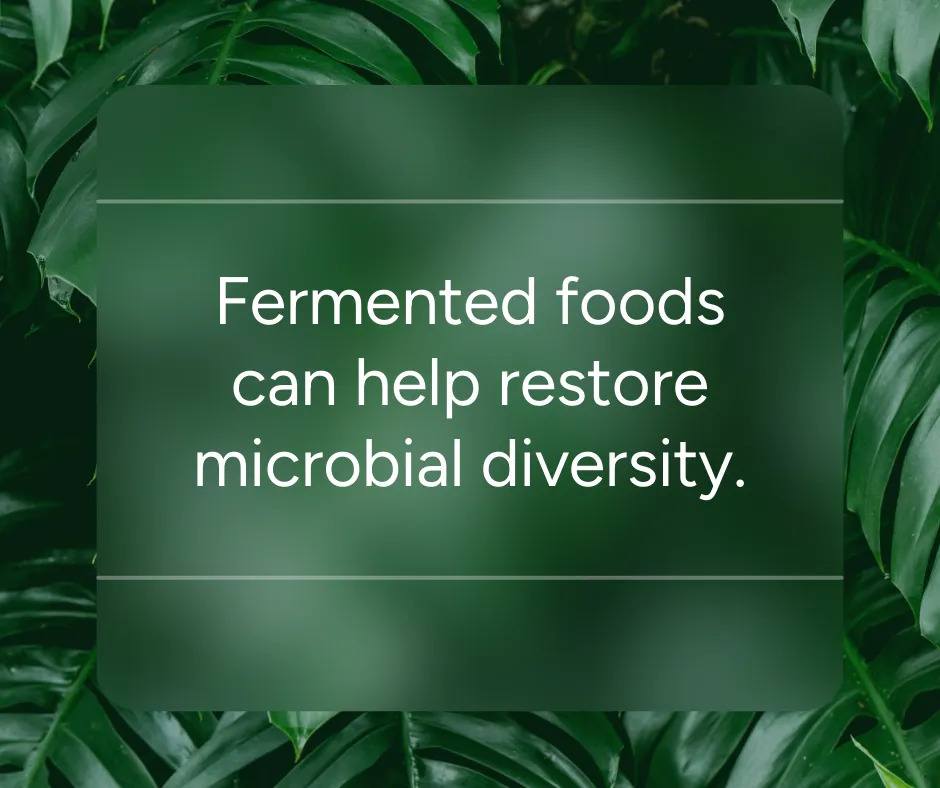
Fermented Foods: Restore Microbial Diversity
In our modern world of processed foods and antibiotics, many of us are experiencing diminished gut health without even realizing it. The secret to restoring balance might be found in one of nature's oldest food preservation methods: fermentation.
Understanding Your Microbiome
Your gut is home to trillions of microorganisms that make up your microbiome. This complex ecosystem plays a crucial role in digestion, immunity, mental health, and even weight management. When the diversity of these microbes is compromised, it can lead to numerous health issues.
How Fermented Foods Help
Fermented foods are rich in probiotics—beneficial bacteria that can help replenish and diversify your gut microbiome. During the fermentation process, natural bacteria feed on the sugar and starch in the food, creating beneficial enzymes, B-vitamins, and various strains of probiotics.
Top Fermented Foods to Include in Your Diet
Yogurt - Contains live cultures that support digestive health
Kefir - A fermented milk drink with a broader range of bacteria than yogurt
Sauerkraut - Fermented cabbage rich in probiotics and fiber
Kimchi - A spicy Korean fermented vegetable dish
Kombucha - A fermented tea drink packed with probiotics
Miso - A Japanese fermented soybean paste
Tempeh - Fermented soybeans formed into a cake
Incorporating Fermented Foods
Start slowly with small portions to allow your body to adjust. Try adding a spoonful of sauerkraut to your sandwich, swapping your soda for kombucha, or using miso in soups and marinades.
The Science Behind Fermentation
Research has shown that regular consumption of fermented foods is associated with:
Improved digestion
Enhanced immune function
Reduced inflammation
Better mental health
Potential weight management benefits
Conclusion
Fermented foods offer a natural, delicious way to support your gut health and restore microbial diversity. By incorporating these probiotic-rich foods into your diet, you're taking an important step toward better overall health.